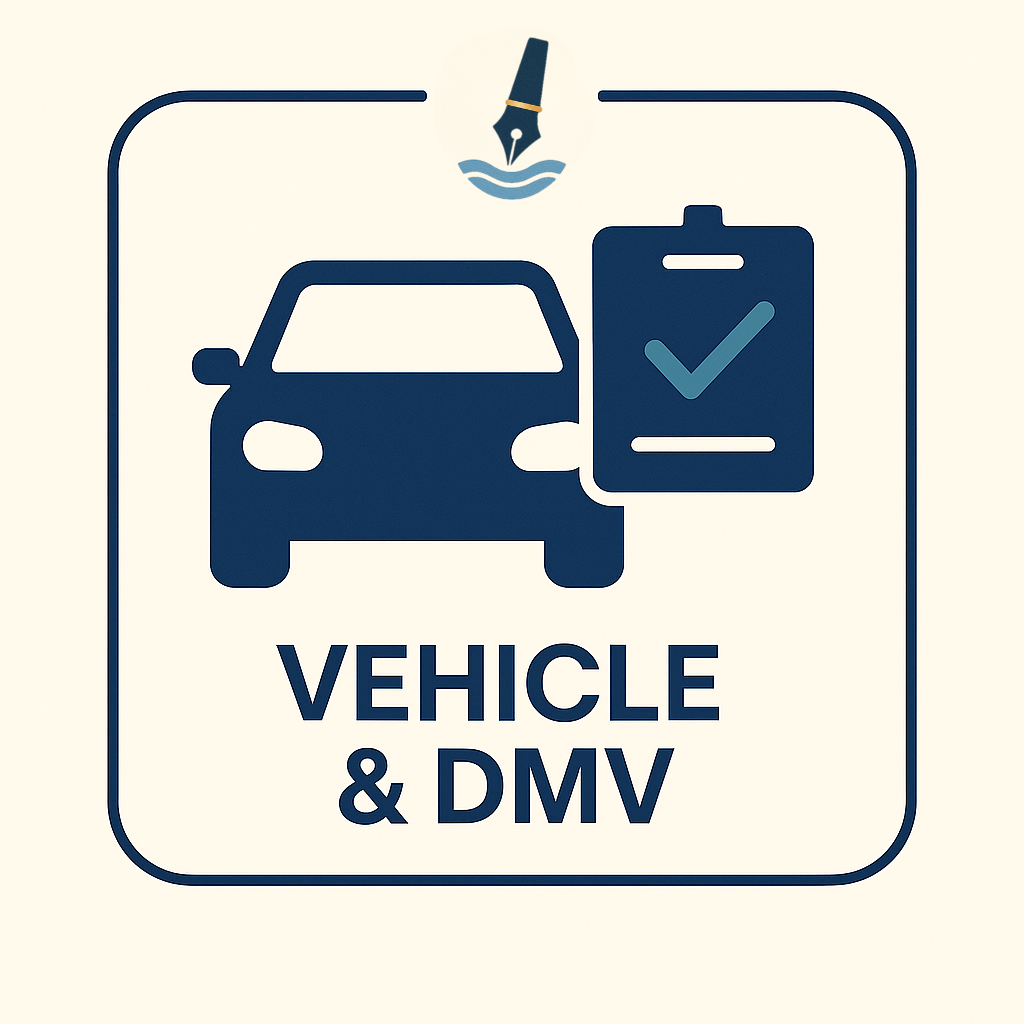Yes. Nevada law (NRS 108.297) requires you to account for and pay any surplus from the lien sale. After recovering your documented towing, storage, and auction fees, you must pay excess proceeds first to lienholders, then to the vehicle owner. You cannot simply keep all auction proceeds because you obtained clean title through VP-147. This is one of the most misunderstood aspects of Nevada lien sales.
A shocked Reddit discussion illustrates the confusion: "I always thought the right thing would be for the tow vendor to pay any excess from the sale over their storage costs to the lienholder but they take possession of the whole vehicle?" The answer: Taking possession for lien sale is legal, but keeping surplus proceeds beyond documented costs is illegal conversion of property.
📋 Nevada Surplus Distribution Hierarchy (NRS 108.297):
⚠️ Real-World Example of Surplus Calculation:
Different scenario - No lien on record:
💡 Why This Matters for VP-147 Compliance: When you sign your notarized VP-147 affidavit, you're swearing under oath that you followed Nevada's lien sale procedures. Part of those procedures is accounting for surplus. If the owner later discovers you kept $5,000 in surplus that legally belonged to them or their lender, you face: (1) civil lawsuit for conversion, (2) potential perjury charges for false VP-147 affidavit, (3) loss of your tow operator license, (4) criminal charges for theft by conversion.
🏢 Best Practice for Tow Operators: Create a standard surplus calculation worksheet for every lien sale. Document: (1) Auction gross proceeds, (2) Itemized costs (towing, storage with daily rate and number of days, title search, certified mail, auction fees), (3) Net surplus calculation, (4) Lienholder payment if applicable with proof of payment, (5) Owner surplus payment with certified mail proof of delivery. Keep these records for 3-5 years. When we notarize VP-147 forms at Sun City Aliante or other Clark County tow yards, we can review your surplus calculation to ensure it's properly documented before you sign under oath.

